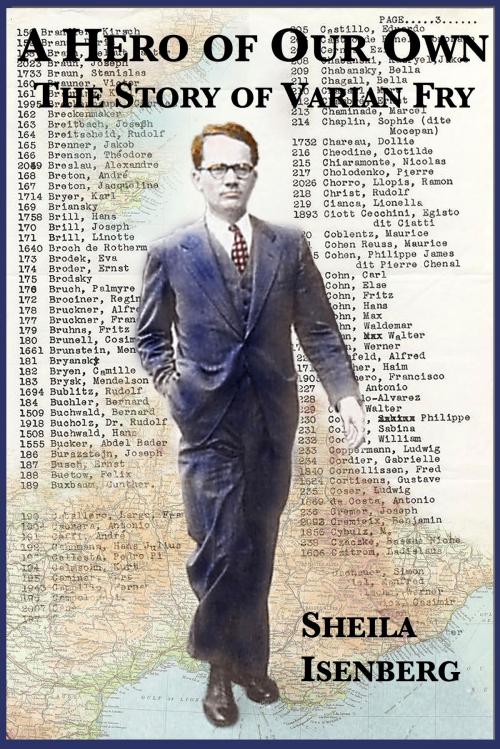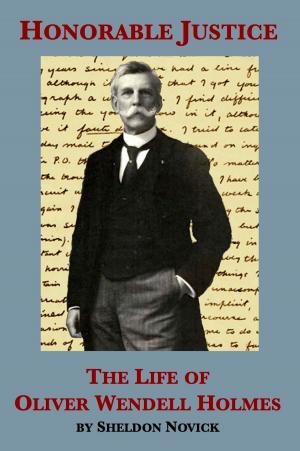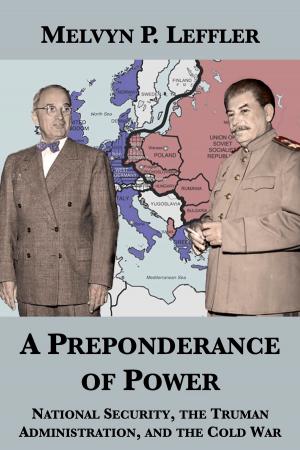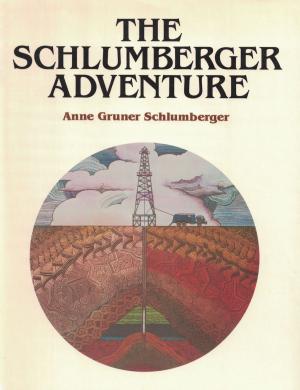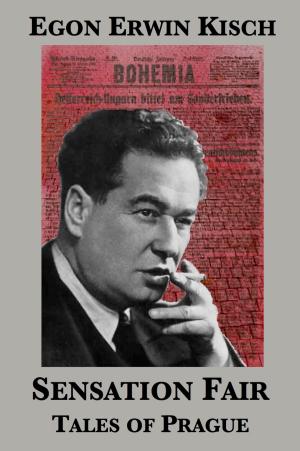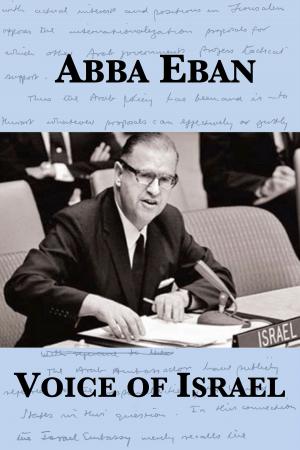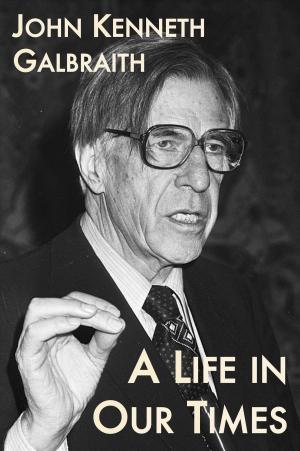A Hero of Our Own: The Story of Varian Fry
Nonfiction, History, Jewish, Military, World War II, Biography & Memoir| Author: | Sheila Isenberg | ISBN: | 1230001724561 |
| Publisher: | Plunkett Lake Press | Publication: | June 19, 2017 |
| Imprint: | Language: | English |
| Author: | Sheila Isenberg |
| ISBN: | 1230001724561 |
| Publisher: | Plunkett Lake Press |
| Publication: | June 19, 2017 |
| Imprint: | |
| Language: | English |
“Varian Fry was the American Schindler. He even had a list. He arrived in Vichy-controlled Marseille on Aug. 15, 1940, with $3,000 taped to his leg and a charge from the organization he worked for, the Emergency Rescue Committee, to help save some 200 endangered refugees, mainly artists, writers and intellectuals, from the Nazis. He expected to stay a month, but quickly realized that the job was much larger and more complicated than he or his sponsors had imagined... He stayed for 13 months, until he was thrown out of the country, and assisted approximately 2,000 people, among them an all-star lineup that included Hannah Arendt, Marc Chagall, Max Ernst, André Breton, Arthur Koestler, Alma Mahler Werfel and Max Ophuls...
A Hero of Our Own helps rescue Fry from obscurity. And with its stories of desperate exiles, menacing Nazis, forged documents and midnight escapes through the mountains, it reads at times like the script for some old Hollywood movie...
Throughout his months in France, no issue haunted Fry more than the question of selection. Human needs seemed limitless; resources were not. He could not help everyone. Word quickly spread through the refugee community that an American had arrived who could offer hope, and within weeks Fry was receiving 25 letters a day, a dozen telephone calls an hour. He and his staff conducted between 100 and 120 interviews each day. Altogether, around 15,000 refugees, about half the total number residing in Vichy France, got in touch with Fry — and, in effect, it was up to him to determine who among them would live and who would die... Impossible choices, spies and counterspies, the ominous knock on the door — it was all heady stuff, and after Fry was forced to return to the United States in late 1941 he, like so many who peak early, went into decline. Nothing could ever match his glory days in France. ‘The experiences of 10, 15 and even 20 years have been pressed into one,’ he wrote. ‘Sometimes I feel as if I had lived my whole life.’ Fry drifted from job to job, from journalism to magazine editing to film production to corporate writing to high school and college teaching.” — Barry Gewen, The New York Times
“Skillfully evoking a crucial moment in recent history, Sheila Isenberg tells the compelling and dramatic story of how an ordinary person, thrust into a situation of extreme danger, did extraordinary things for one year in wartime France, then drifted almost lost through the rest of his own life. It is also a story of institutionalized bureaucratic stupidity that must never be forgotten so that it is never repeated.” — Richard Holbrooke, U.S. diplomat
“The only American to be honored at Yad Vashem (Israel’s Holocaust Memorial), Fry saved the lives of thousands of refugees from the Nazis. [A] moving, workmanlike account of Fry’s heroics... [Isenberg] ably renders prewar and war-time public ignorance and apathy in America and the extraordinary heroism of the sole volunteer for a dangerous rescue mission.” — Publishers Weekly
“One of the BEST BOOKS of 2001. [Fry] comes across as a genuine saint; this little book is a life of a saint equal to any medieval tome.” — St. Louis Post-Dispatch
“A Hero of Our Own is significant for its implicit investigation into the combination of heroism, pure goodness and personal need that made Fry undertake the rescue of strangers at considerable personal risk and with no promise of reward. It also provides an unpleasant reminder that nations and their bureaucrats have both private concerns and a tremendous tropism toward indifference.” — David Margolis, The Jerusalem Report
“Isenberg builds a convincing case against America’s refugee policy, and recognizes that the State Department’s resistance to Fry’s efforts was often a matter of plain old anti-Semitism.” — Jonathan Mahler, Washington Post
“Sheila Isenberg has written a masterful biography of this most enigmatic man.” — The Roanoke Times
“Varian Fry was the American Schindler. He even had a list. He arrived in Vichy-controlled Marseille on Aug. 15, 1940, with $3,000 taped to his leg and a charge from the organization he worked for, the Emergency Rescue Committee, to help save some 200 endangered refugees, mainly artists, writers and intellectuals, from the Nazis. He expected to stay a month, but quickly realized that the job was much larger and more complicated than he or his sponsors had imagined... He stayed for 13 months, until he was thrown out of the country, and assisted approximately 2,000 people, among them an all-star lineup that included Hannah Arendt, Marc Chagall, Max Ernst, André Breton, Arthur Koestler, Alma Mahler Werfel and Max Ophuls...
A Hero of Our Own helps rescue Fry from obscurity. And with its stories of desperate exiles, menacing Nazis, forged documents and midnight escapes through the mountains, it reads at times like the script for some old Hollywood movie...
Throughout his months in France, no issue haunted Fry more than the question of selection. Human needs seemed limitless; resources were not. He could not help everyone. Word quickly spread through the refugee community that an American had arrived who could offer hope, and within weeks Fry was receiving 25 letters a day, a dozen telephone calls an hour. He and his staff conducted between 100 and 120 interviews each day. Altogether, around 15,000 refugees, about half the total number residing in Vichy France, got in touch with Fry — and, in effect, it was up to him to determine who among them would live and who would die... Impossible choices, spies and counterspies, the ominous knock on the door — it was all heady stuff, and after Fry was forced to return to the United States in late 1941 he, like so many who peak early, went into decline. Nothing could ever match his glory days in France. ‘The experiences of 10, 15 and even 20 years have been pressed into one,’ he wrote. ‘Sometimes I feel as if I had lived my whole life.’ Fry drifted from job to job, from journalism to magazine editing to film production to corporate writing to high school and college teaching.” — Barry Gewen, The New York Times
“Skillfully evoking a crucial moment in recent history, Sheila Isenberg tells the compelling and dramatic story of how an ordinary person, thrust into a situation of extreme danger, did extraordinary things for one year in wartime France, then drifted almost lost through the rest of his own life. It is also a story of institutionalized bureaucratic stupidity that must never be forgotten so that it is never repeated.” — Richard Holbrooke, U.S. diplomat
“The only American to be honored at Yad Vashem (Israel’s Holocaust Memorial), Fry saved the lives of thousands of refugees from the Nazis. [A] moving, workmanlike account of Fry’s heroics... [Isenberg] ably renders prewar and war-time public ignorance and apathy in America and the extraordinary heroism of the sole volunteer for a dangerous rescue mission.” — Publishers Weekly
“One of the BEST BOOKS of 2001. [Fry] comes across as a genuine saint; this little book is a life of a saint equal to any medieval tome.” — St. Louis Post-Dispatch
“A Hero of Our Own is significant for its implicit investigation into the combination of heroism, pure goodness and personal need that made Fry undertake the rescue of strangers at considerable personal risk and with no promise of reward. It also provides an unpleasant reminder that nations and their bureaucrats have both private concerns and a tremendous tropism toward indifference.” — David Margolis, The Jerusalem Report
“Isenberg builds a convincing case against America’s refugee policy, and recognizes that the State Department’s resistance to Fry’s efforts was often a matter of plain old anti-Semitism.” — Jonathan Mahler, Washington Post
“Sheila Isenberg has written a masterful biography of this most enigmatic man.” — The Roanoke Times
